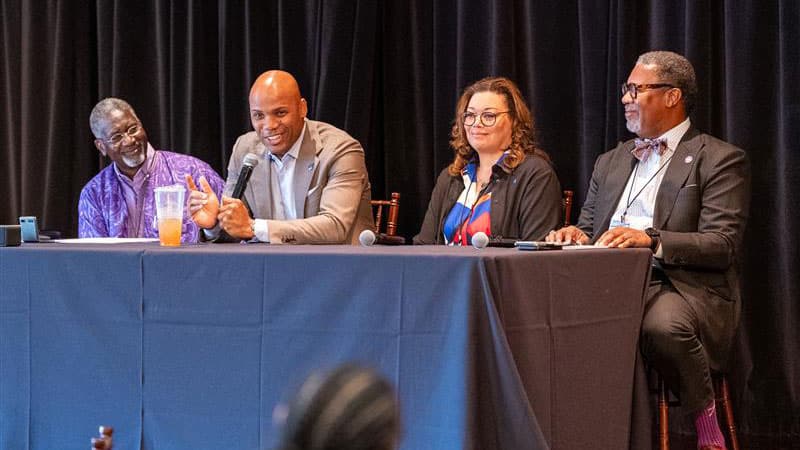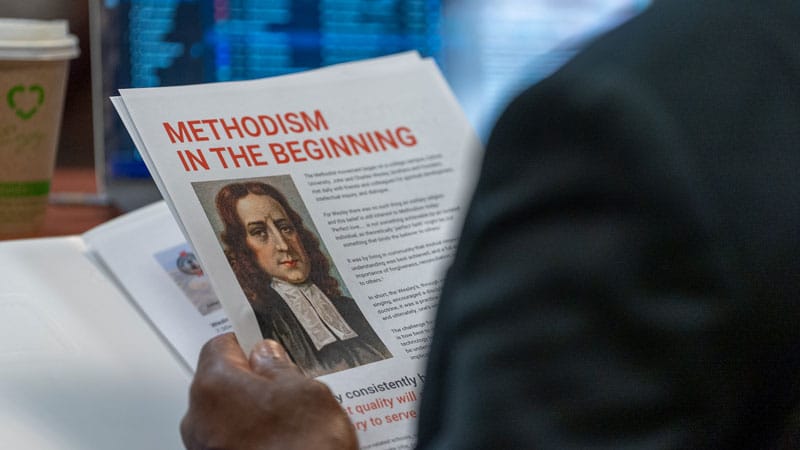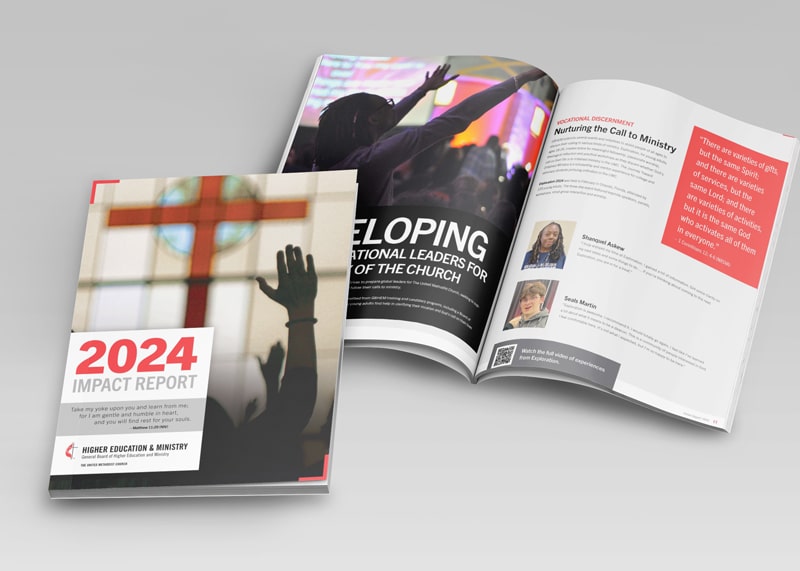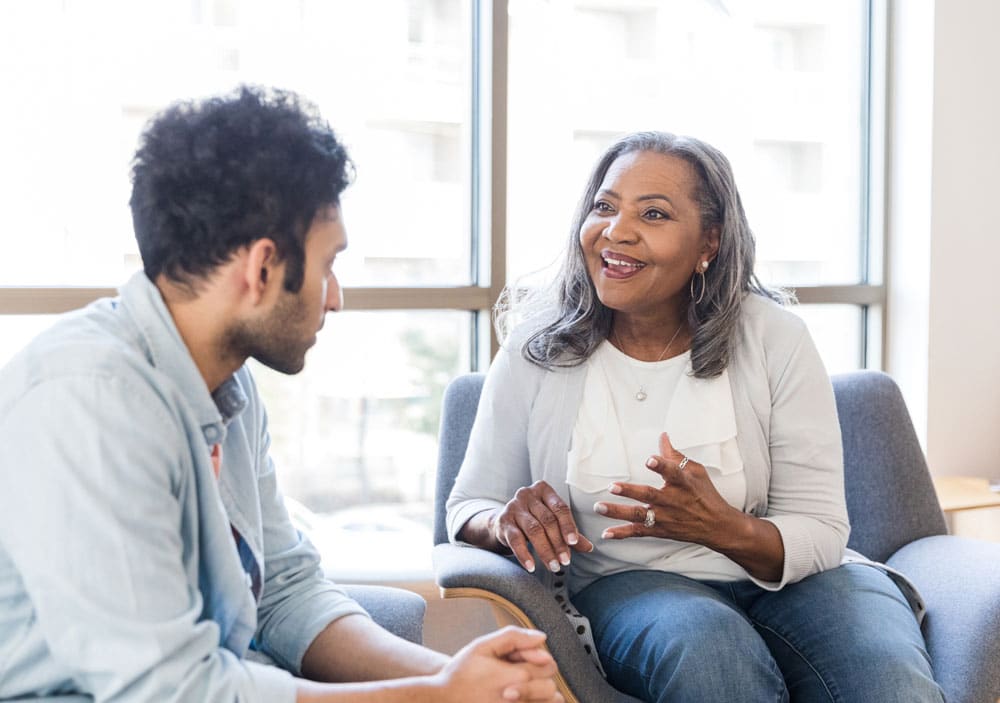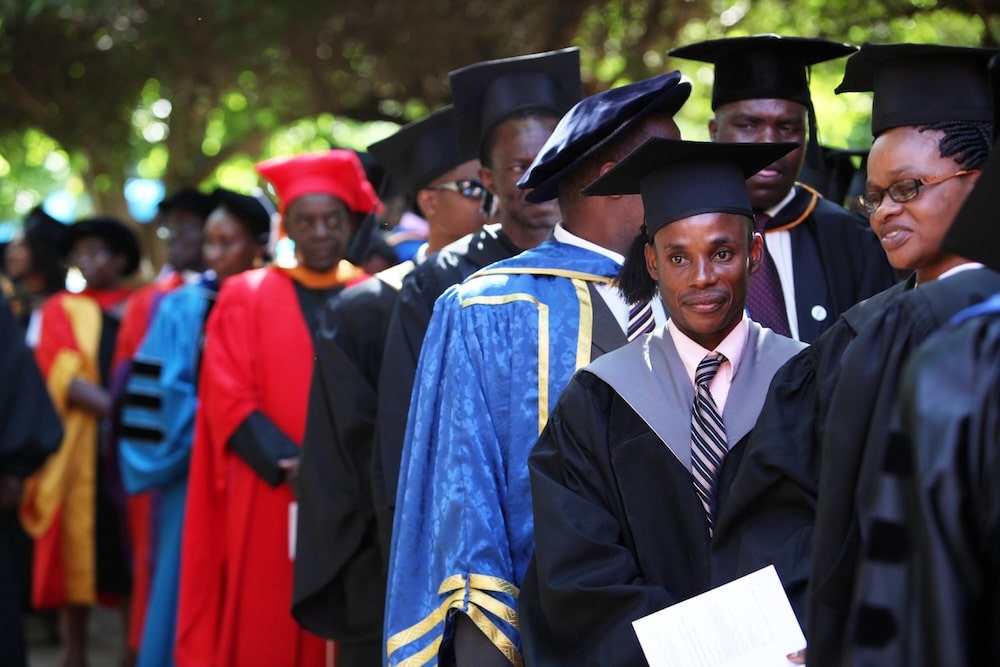Women of Color Scholars Program Launches Dr. Felicia George to Greater Heights
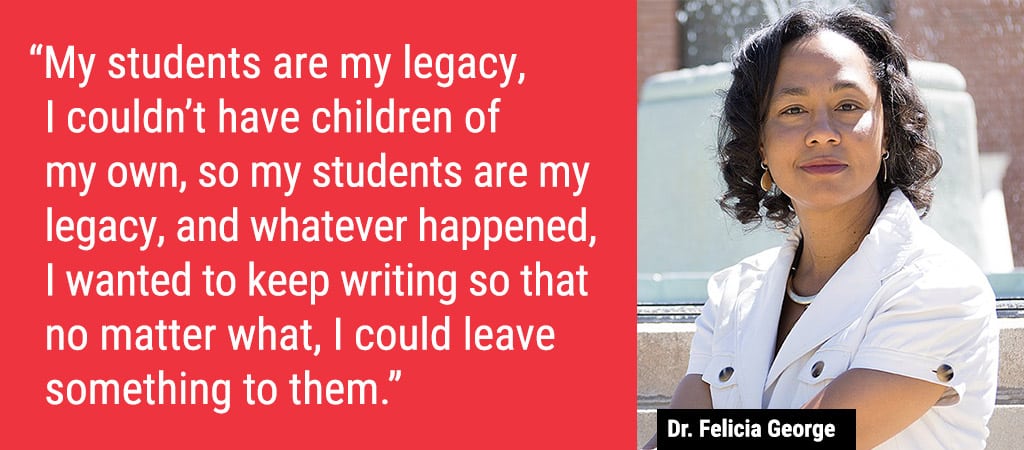
In May 2015, five years into her doctoral program, Felicia George got a surprise knock on her door from an unwelcome guest.
It was a very rare form of Dysautonomia that took four and half years of her researching to be diagnosed. Along with other debilitating symptoms, encephalopathy returned after almost 30 years, determined to turn her life into a tour of suffering, seemingly designed to make her quit.
Encephalopathy is a cognitive dysfunction that basically causes part of its victim’s brain to move more slowly. And while George, 45 at the time, did (and does) suffer multiple symptoms from the diagnosis, the former Public Defender-turned Assistant Attorney General-turned judge knew that persevering through her Ph.D. in religious studies was something she simply needed to do.
Support from the Women of Color Scholars program through coursework was a tremendous gift to the beginning of her doctoral journey.
The Angella P. Current-Felder Women of Color (WOC) Scholars program is administered by the General Board of Higher Education and Ministry (GBHEM), and is designed to provide financial, intellectual and personal support to United Methodist women of color pursuing doctorates in religious studies at seminaries and universities across the U.S.
“I was very blessed to have been awarded a Women of Color Scholars fellowship,” George said. “Right toward the end of my coursework, I abruptly became very ill. The fact that I graduated is a miracle.”
Determination and Grace
George didn’t initially aspire to a theological education. In fact, when she was just 8 years old, she sensed a call to become a lawyer that would not leave her. So, when she graduated from Creighton Law School and began practicing law, no one was surprised. The woman who was a child athlete and who began running marathons in college simply knew what she wanted and did what was needed to accomplish it.
Fresh out of law school, she became a public defender in Denver. Finally answering an call to preach the gospel in October 1999 led her to pursue a Master of Divinity degree while practicing law full-time. At the age of thirty-seven, she became one of the youngest judicial officers in Denver District Court where she served as a magistrate. Shortly thereafter, she was appointed a judge in the City of Aurora. She eventually left the bench, where she lost her voice, ability to advocate and to engage in social justice activism. That’s when she answered another call and applied to Ph.D. programs. When she started her doctoral journey at the University of Denver/Iliff School of Theology, she focused on social ethics and the disproportionate incarceration of people of color. In fact, she completed a dissertation proposal on this issue, which was ready to be defended once she completed her comprehensive exams.
But as she was preparing for her first comprehensive exam, Autoimmune Autonomic Ganglionopathy abruptly onset and forced George to take two years of medical leave—often a death sentence for Ph.D aspirations. However, with a lot of patience, help from a few friends, and allies at Iliff, she stayed the course.
“This disease took everything from me,” George added. “I had to teach myself how to study again. I had to be really patient. It’s the hardest thing I’ve ever done, but it was a calling.
Now 53, George is determined to not only continue her drive to help her students understand God and their God-given place in the world better, but also to make the most of lessons her struggle has taught her so that her students gain something from it.
“My students are my legacy,” George continued. “I couldn’t have children of my own, so my students are my legacy, and whatever happened, I wanted to keep writing so that no matter what, I could leave something [to them].”
Allies in Times of Trouble
George, a voracious reader who not long ago could read and retain a book a day, discovered upon her return to her program that 10 or 20 pages seemed like a marathon. Writing inside and outside the hospital, George’s journey not only required patience on her part but also from her Ph.D. committee at the Iliff School of Theology at the University of Denver. Dr. Ted Vial supported her through the difficulty of her final comprehensive exams.
“When I first started meeting with him, at my first meeting, I left in tears,” George recalled. “I was like, ‘Where did my brain go?’ It was hard. I had never failed anything in my life, and I failed my first theology comp.
“And he said, ‘When you’re ready, we’re going to start all over again. We’re going to meet every two weeks.’ I’ll never forget him for that. He just kind of walked with me.”
In addition to Dr. Vial, George was blessed with what she calls the “Dream Team” committee that also consisted of Drs. Miguel De La Torre, Deb Ortega, and Jeremy T. Snipes.
Through it all, George has harbored a deep gratitude to God, her friends in the academy who helped her down the winding road to her doctorate, and to GBHEM for getting her started on that road.
“The best way I can describe it is, God kept opening doors,” she said. “I am grateful for the funding and for the two years I had connections with the Women of Color. I used to believe all things are possible; now I know.”
To learn more about GBHEM and the WOC program, visit: gbhem.org/angella-p-current-felder-women-of-color-scholars-program
Related Posts
DETROIT — Leaders from United Methodist-related institutions, including seminaries and Historically Black Colleges and Universities called for justice, historical reckoning, and a renewed commitment to equity in higher education and society during a Juneteenth panel discussion.
In a joint meeting with the North American Association of Methodist Schools, Colleges and Universities (NAAMSCU) on June 19, the University Senate of The United Methodist Church reaffirmed and deepened its connection with UM-related educational institutions focusing on their United Methodist identity, academic excellence and social justice in higher education.
The General Board of Higher Education and Ministry 2024 Impact Report offers a detailed look at a year shaped by transition, renewed alignment and a deepened commitment to developing transformational leaders for the church and the world.
